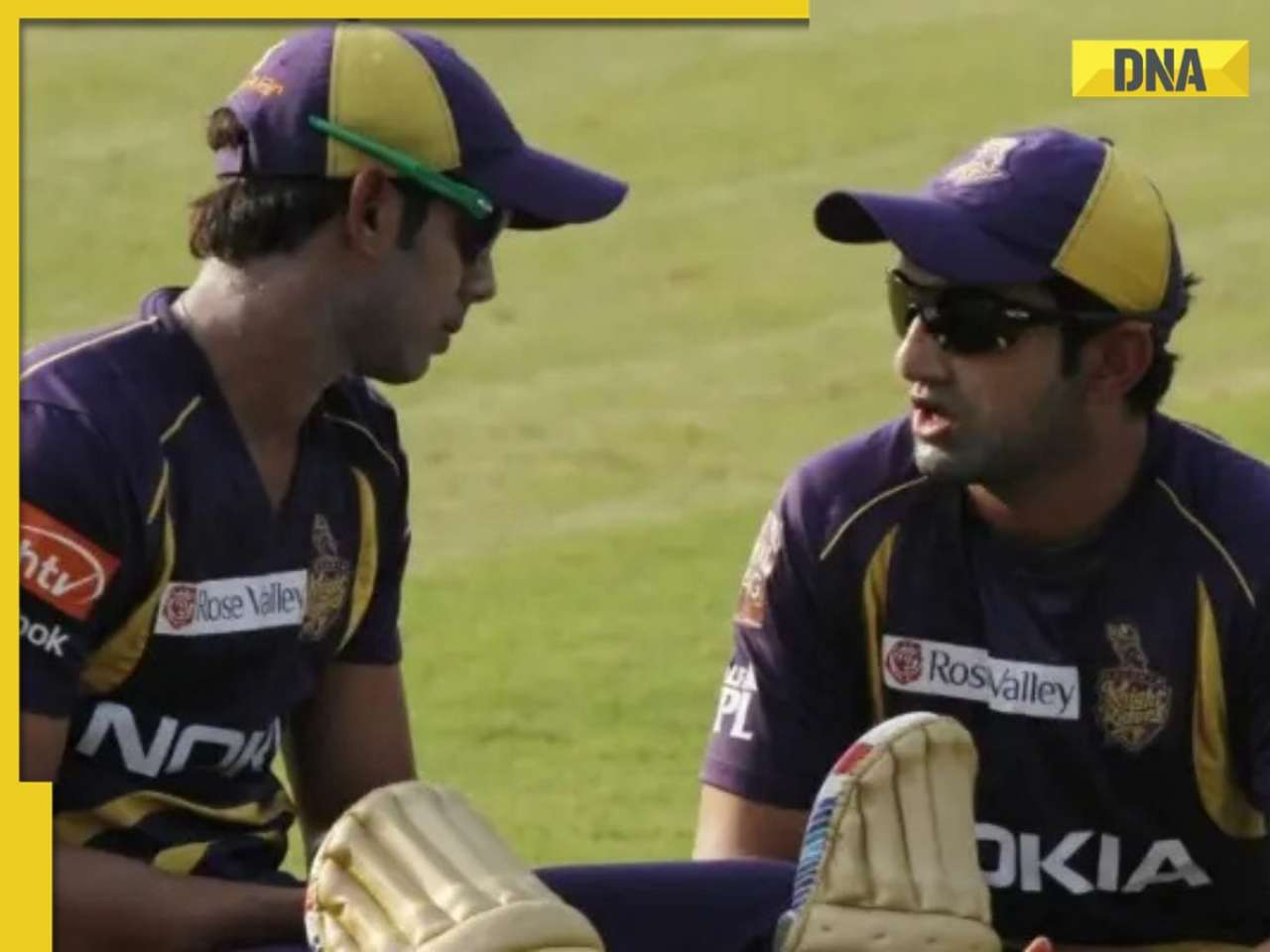 |
|
The Indian cricket world is embroiled in a bitter controversy following explosive allegations made by former India cricketer Manoj Tiwary against current head coach Gautam Gambhir. Tiwary's accusations, detailed in interviews and widely reported in the media, paint a picture of a toxic environment within the team and raise serious questions about Gambhir's leadership and suitability for the role. The core of Tiwary's claims centers on personal attacks and unprofessional conduct by Gambhir, including alleged verbal abuse directed at Tiwary's family and disparaging remarks about former Indian captain Sourav Ganguly. These accusations are particularly damaging given the high-profile nature of the individuals involved and the potential impact on team morale and performance.
Tiwary's statements are not simply isolated incidents; they are presented as indicative of a larger pattern of questionable behavior and decision-making by Gambhir. He criticizes Gambhir's player selection strategies, highlighting instances where seemingly less deserving players were chosen over more experienced and successful individuals. The selection of Harshit Rana over Akash Deep, and Devdutt Padikkal over Abhimanyu Easwaran, are cited as examples of decisions that defy logic and appear to favor personal biases over objective merit. The implication is that Gambhir's choices are not solely based on cricketing ability but are influenced by other factors, raising concerns about fairness and transparency within the team selection process. The poor performance of the Indian team in recent test matches against Australia and New Zealand serves as a backdrop to these accusations, lending weight to Tiwary's assertion that Gambhir's coaching methods are ineffective and that his leadership style is detrimental to the team's success.
The response to Tiwary's allegations has been swift and divided. While some have defended Gambhir, citing his past achievements and contributions to Indian cricket, others have expressed concern and called for an investigation into the matter. The support provided by Harshit Rana to Gambhir is viewed by Tiwary as a demonstration of the ‘PR’ and inherent biases within the system. This reinforces Tiwary’s claim that there's a culture of protectionism around Gambhir, shielding him from accountability. The controversy extends beyond the immediate players involved; it raises broader questions about the governance and accountability within the Indian cricket board. The lack of transparency in player selection, the potential for favoritism, and the impact of such controversies on the morale and performance of the team are matters of significant concern for the future of Indian cricket. The potential damage to the team's reputation, both domestically and internationally, is a serious consequence of this escalating dispute.
This situation underscores the importance of maintaining ethical standards and professionalism within the sporting world. The accusations levied against Gambhir are serious, and a thorough investigation is necessary to determine the truth of Tiwary's claims. Regardless of the outcome of any investigation, the controversy highlights the need for greater transparency and accountability within cricket's governing bodies. The well-being and performance of the Indian cricket team should be paramount, and a culture that prioritizes meritocracy, fairness, and respect is essential for its continued success. The long-term implications of this conflict extend beyond the immediate players involved and could have a lasting impact on the future of Indian cricket.
The ongoing debate surrounding this matter underscores the complex interplay between personal relationships, professional responsibilities, and public perception within the high-pressure environment of elite sports. The accusations made by Tiwary have opened a Pandora's Box, exposing potential flaws in the system and prompting a much-needed discussion about accountability and fair play within Indian cricket. The future success of the team may well depend on the ability of the governing bodies to address these concerns effectively and to foster an environment of mutual respect and professional conduct. The outcome of this controversy will undoubtedly shape the future dynamics of the Indian cricket team and influence the way future disputes are handled within the organization.
